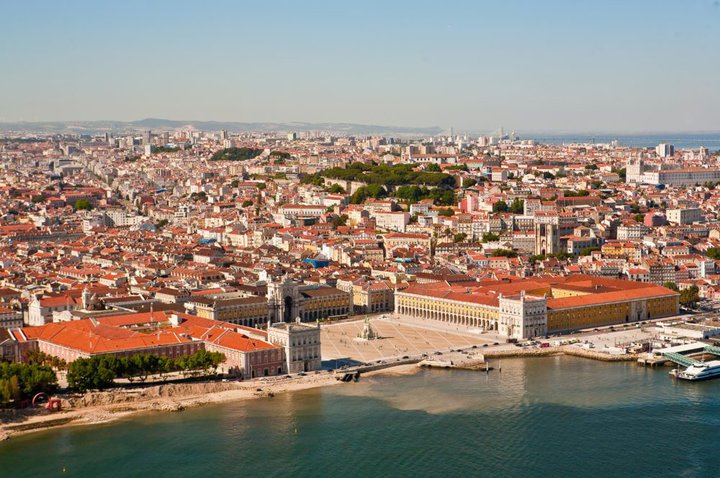The Portuguese capital has dropped 4 positions in this ranking, but continues to be very attractive to foreign investors, "for its relatively low prices, by the Government seen as flexible, by technology and economic growth, but continues to be seen as a small country with liquidity issues", explained Jacqui Collins, ULI's Business Development Director at the official presentation of this annual report prepared with PwC, in Lisbon.
This Director also pointed out that investors are beginning to look at the residential market as "overheated because of RRNH or golden visas", which creates more risks, and "means that we will see more opportunities outside Lisbon".
Francisco Horta e Costa, Chairman of ULI Portugal and Managing Director of CBRE, states that "all sectors of the market attract investors, without exception", which "come from all over the world" and "look to the alternative sectors", as the student residences sector, senior residences, or even health and logistics, which is favored by the growth of online commerce and changes in shopping centers. Grupo Pestana itself plans to enter the local lodging market, as stated João Pinto Coelho, the group's Executive Board Member, at that time, explaining that this may be "a way to diversify our offer. It’s a different concept” at a time when “our price is comparatively lower with other comparable markets, and therefore we may grow in the various segments”.
Francisco Horta e Costa recalls that "the beginning of foreign investment in Portugal was only due to the driver of capital market behavior. We did not have economic growth, but today there’s a paradigm shift in Lisbon. The fundamentals are here", and believes that "it’s a healthier and more sustainable market than in 2006, although I agree that there are very low yields.”
Residential observes to some "exuberance" of prices
In the debate about this study, and to look ahead at next year's real estate market, the participants agreed in general that there will be some overheating of the residential market in the center of Lisbon.
Eduardo Netto de Almeida, Senior Partner and Managing Director of Lantia, has "several doubts regarding the path that the residential will take and the time that this cycle will last", with the concern of "produce product that would be sold in two years’ time, not just 10 years from now.” And he reminds, regarding the future trends, that "it does not make sense to speak only in millennials when an important part of the wealth and demographic pyramid is in the older generations.” But he believes that prices are not "absurd, especially when compared to other markets. In other markets the middle class cannot live in the center either, this is normal”.
Bernardo Pinto Basto, Chief Investment Officer of Norfin, believes that "a correction of asset prices, of an excess of exuberance and liquidity" is coming, reminding that "for many investors, real estate is just a financial asset.” If “before we had difficulty convincing investors that it was worth investing in Lisbon”, this expert notes that “today we want to show investors that market conditions are not as sustainable in many sectors”.
And he warned, "we know that the average income available of Portuguese families has not changed in the last 10 years, and they buy houses at €2,500 and €3,000 per square meter, not at €7,000. Perhaps there are many developments that will have a profitability much lower than expected.”
The great trend is technology, and the diversification grows
Jacqui Collins states that technology is the big buzzword of the real estate market in the next years, even until 2030.
The coming years of real estate will be driven by greater concerns of the balance between the personal and professional lives of the occupants of any type of building, as more and more they will be willing to sign shorter contracts in exchange for greater flexibility. This will also lead to a greater number of mixed properties so as to better balance these two spheres of life, where connectivity is mandatory. In addition, "our cities are getting more crowded, with more mobility or infrastructure stresses, and developers will have to respond to this”, he warned.
In this report for 2018, the surveyed left out of the top 10 of the most attractive sectors for investment all of the so-called traditional markets, such as retail or offices. At the top of the list is logistics, followed by self-storage, rental housing, student residences, assisted living / senior residences, promotion housing, shared apartments, health, serviced apartments and data centers, which closes top 10. All these “sectors may require different specificities”.
According to the responsible, the more than 800 surveyed for this report are cautious but more positive for 2018, referring political instability at a global level as one of the biggest threats to businesses, "but they are less worried than last year”, she adds.
